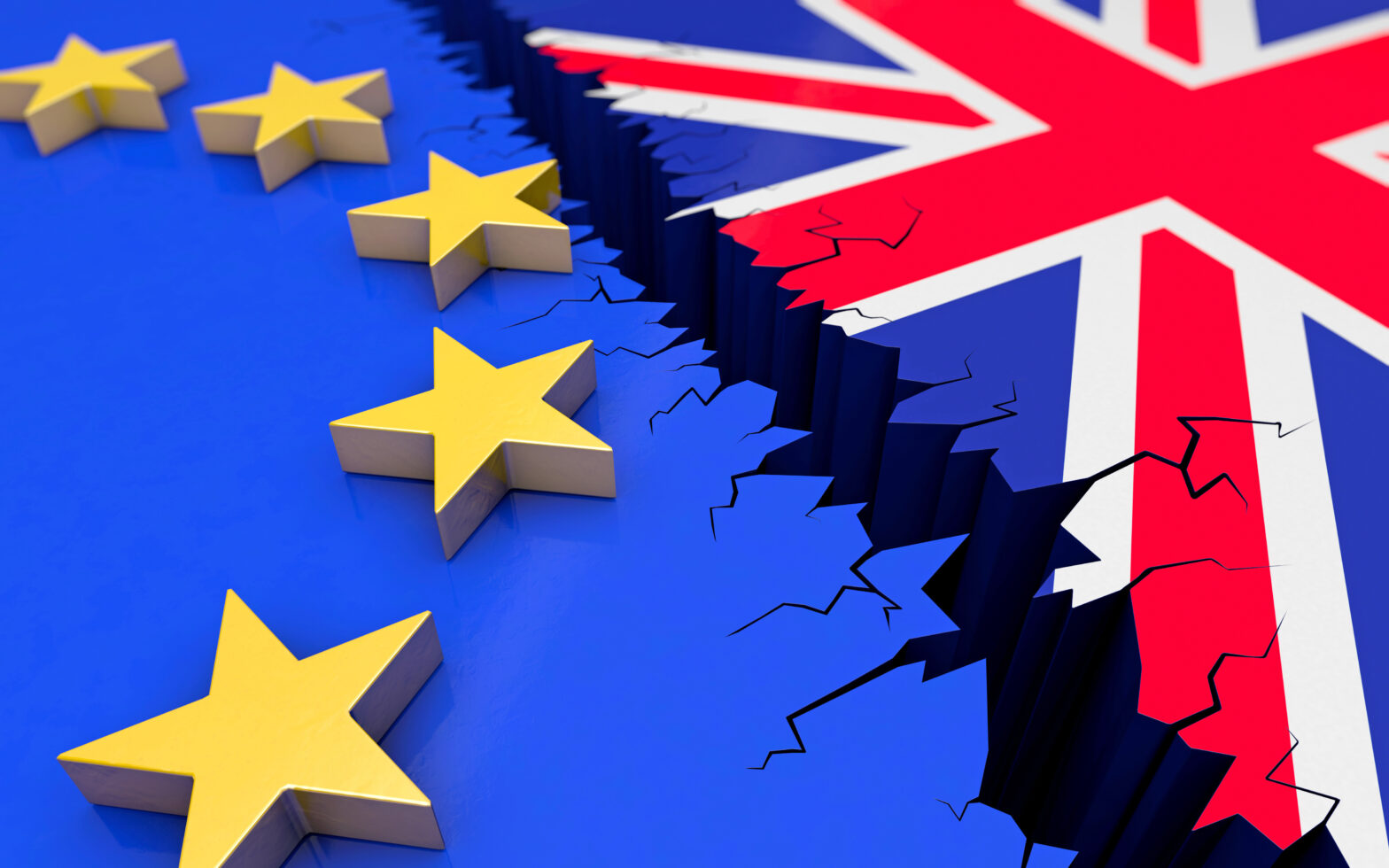Theresa May has now ruled out full membership of the single market for the UK in a post-Brexit world.
Although she has insisted that Britain will aim to keep as ‘the freest possible trade in goods and services between Britain and the EU’s member states’, this is extremely unlikely to be as free as the current arrangement. Ultimately this will mean one thing; tariffs.
As things stand, everything from apps to apples can be imported and exported to and from other EU member states; free of import tariffs beyond the imposition of the local VAT rate. Analysis conducted by Civitas suggests this will change dramatically, in the aftermath of Theresa May triggering Article 50.
They estimate UK exporters could face up to £.5.2 billion in tariffs while importers could foot a £12.9 billion pound bill; with potentially disastrous long-term effects for trade.
>See also: Mitigating the Brexit effect on I.T. investment
Businesses and government should consider how they will impact the digital economy, particularly mobile app development, and ways in which the industry may change and what opportunities may be presented.
Currently, digital goods sold inside the EU by companies based outside of the EU are not explicitly taxed at a higher rate than those sold by companies based inside the EU.
In fact, all companies are liable to pay the appropriate VAT of the member country in which the product is purchased.
However, despite the fact that there are no explicit tariffs, this does not mean that there are no benefits to digital trade within the EU.
On the contrary, the European Commission’s ‘Digital Single Market’ strategy has amounted to a concerted attempt to make cross border digital trade more efficient.
This includes streamlined VAT collection systems, modernised and centralised copyright laws and enforcing consumer protections to ensure confidence in cross-border purchases.
For app developers, leaving the EU will mean vastly increased bureaucracy, including individual registration for VAT and copyright in each member state.
It is also possible, of course, that as the digital economy becomes an increasingly crucial aspect of the economy, the EU will impose specific tariffs for importers as they do on other goods.
Indeed, there have been moves around the world to ensure that domestic providers of digital goods and services are not disadvantaged against foreign competitors.
Recent legislation introduced in Australia last year, dubbed the ‘Netflix Tax’, targeted online subscription services provided by non-Australian companies, ensuring that they will pay the same 10% GST (General Sales Tax) as companies based in the country.
While these changes and costs may not effect tech giants with established reputations, after all Netflix is so established it is unlikely this will do more than raise additional revenue for the Australian government, it could have a potentially significant impact on start-ups and SMEs.
>See also: When big data and Brexit collide
For companies without significant capital reserves, these financial and bureaucratic barriers present real problems when trying to grow a business.
There are two solutions to this problem; one focused on business structure and development, and the other based around the type of app that might succeed in this new environment.
For any start up investment is obviously key. However, the type and structure of that investment is also crucial.
In a world more focused on domestic agendas, as well as one more concerned with environmental issues, the force of technology, which has been key to globalisation, can be brought to bear on exploiting hyper-local opportunities.
>See also: What Brexit and Trump mean for compliance
There is huge potential for apps which allow users to interact more effectively with their communities, whether this be through revolutionising high-street shopping by improving communication between vendors and consumers, or facilitating charitable organising.
These kinds of apps which target specific domestic markets will also thrive in a Britain divorced from the EU, because they do not rely on overseas sales.
In short, Brexit presents challenges as well as opportunities for digital developers and businesses. New, more efficient business models will be required, as will new ideas focused on exploiting hyper-local potential.
Sourced by Raj Dhonota, pre-seed investor, mentor and entrepreneur, www.rajdhonota.com










